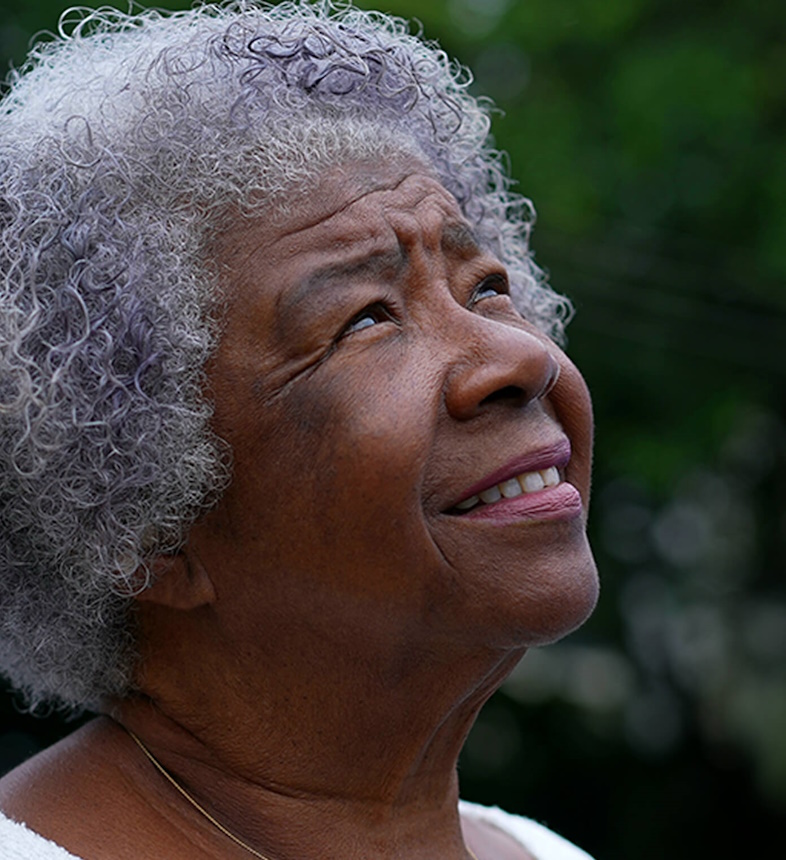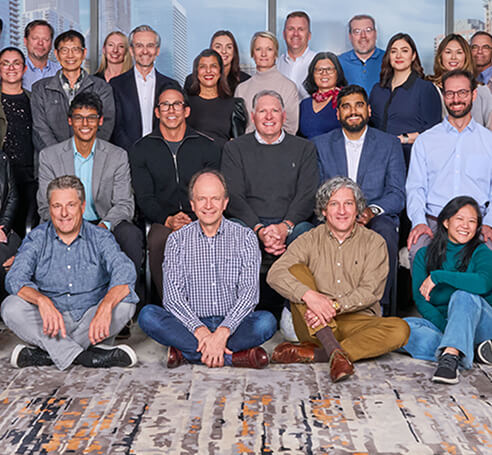Healthy vision empowers individuals and their families to pursue their passions and focus on life’s brilliance.
We believe that the gift of superior vision can be life-changing to people affected by blinding eye diseases. Superior vision empowers them to enjoy fuller and healthier lives.
We are dedicated to making a real difference. That’s why we are fearless in our pursuit of pushing the boundaries of what’s possible to improve sight.


Our Vision: Pioneering Innovation to Improve Sight
We are a biopharmaceutical company developing novel therapies to treat vision-threatening eye diseases, like wet age‐related macular degeneration (wet AMD) and diabetic macular edema (DME), which remain leading causes of vision loss worldwide.
Our lead product candidate in Phase 3 development, sozinibercept, is a first-in-class VEGF-C/D ‘trap’ inhibitor being evaluated in combination with standard-of-care anti-VEGF-A therapies to deliver superior vision to wet AMD patients.
Sozinibercept has the potential to become the first therapy in 20 years to enable patients with wet AMD live fuller and healthier lives.


Our Team: Dedicated to Deliver Superior Vision for Fuller and Healthier Lives.
Our Team: Dedicated to Deliver Superior Vision for Fuller and Healthier Lives.
Our team’s deep expertise in retina, global business experience, and determination to make a real difference in the lives of people affected by blinding eye diseases, drives our work and decisions, every day.
We are supported by expert board members as well as global thought leaders in retina who share our dedication to deliver superior vision for fuller and healthier lives.
Our culture: grounded in compassion, courage and commitment

We do what’s right to improve the lives of patients and their families.
We act with integrity and kindness, always.
We respect diverse opinions because they make us stronger.

We break through barriers to achieve the unprecedented.
We are unstoppable when facing setbacks or adversity.
We embrace the innovation to reach the highest standards.

We are disciplined to deliver superior results.
We nurture deep relationships and build trust.
Only through collaboration can we make a meaningful impact.

